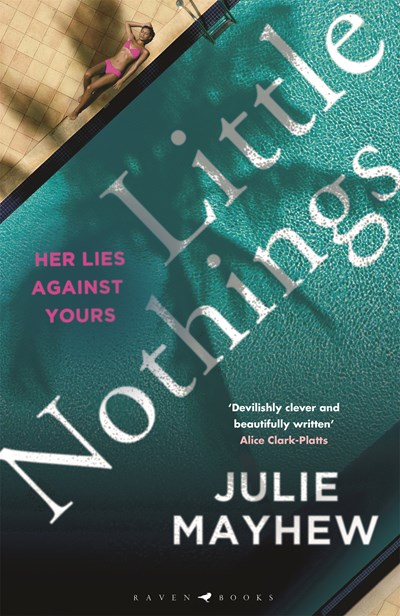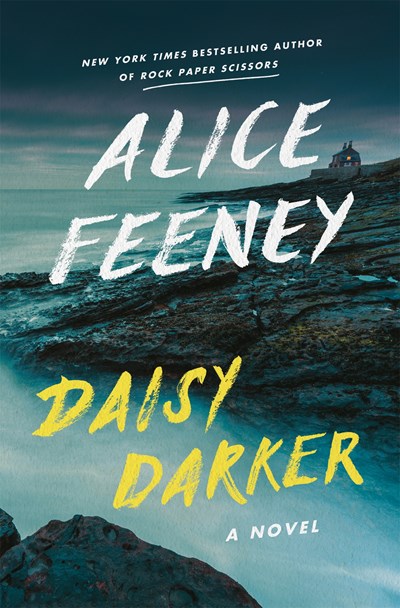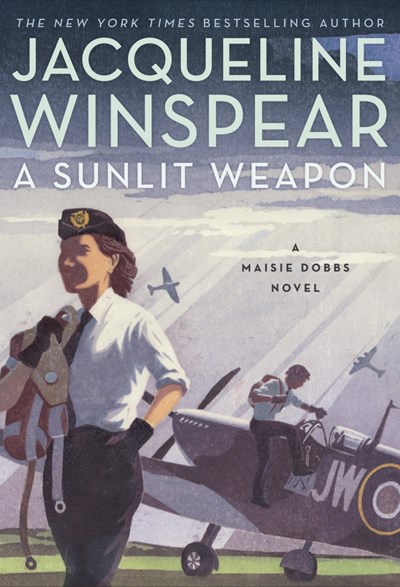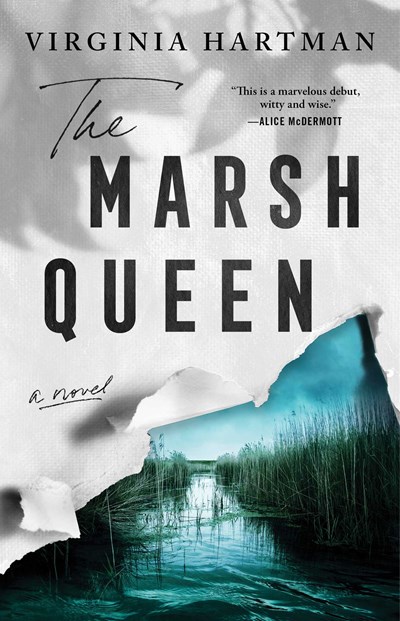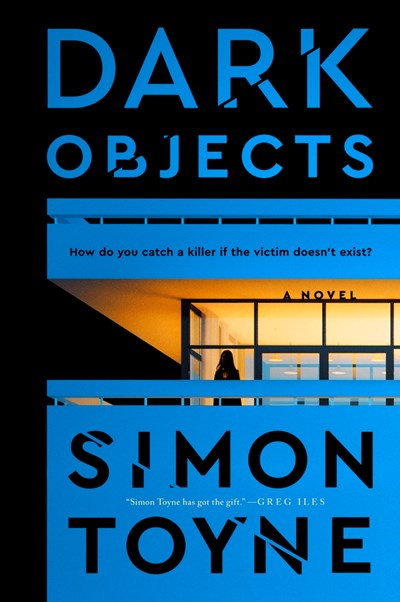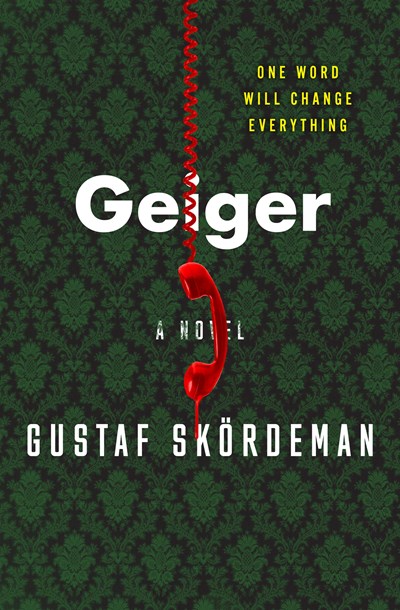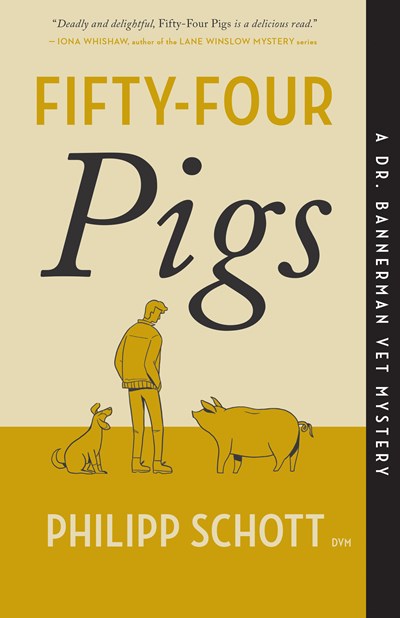Liv, a bored stay-at-home mother, is leading a double life. She’s been friendless for years, so when she meets other women at an overly earnest children’s music class who also think the event is ridiculous, she’s all in. Liv and her husband, Pete, are parents to a little girl, but soon Liv spends most of her spare time with Beth and Binnie, and then with a new addition to the group, Ange. The friends’ partners and children often take part too but are very much beside the point to the women, who seem almost to be reliving their teen years. The suffocating peer-pressured friendship is made worse when Ange joins, as she’s fond of backstabbing comments that are posed as jokes, and Liv walks on eggshells, fearing she’ll be rejected from her only friendship. Soon Liv and Pete, who are struggling financially, get into massive debt keeping up with expensive dinners and designer outfits that their friends insist they deserve. The pinnacle is a three-week trip to Corfu that is set up at first as a locked-room mystery, but then another person enters the drama, leading to a tantrum-and-booze loaded tragedy. This feels like a movie that you watch from between your fingers as everything goes dreadfully wrong, fast. Try if you enjoy girls’ trip stories.
Review
An homage to Agatha Christie’s And Then There Were None that is both wryly humorous and deadly serious. The setting: a Victorian gothic house, named Seaglass, located on a tiny island off the Cornwall coast, accessible only during low tide. The cast: matriarch Nana, her son and ex-daughter-in-law, three adult nieces, a grandniece, and a family friend. The occasion: Nana’s 80th birthday, predicated to be her last. As the sun goes down, the tide rushes in, dinner is served, and then it’s time for Nana to read her will. Our narrator, and very much the center of the book, is Daisy, Nana’s youngest and favorite niece, who was born, in Daisy’s word, “broken,” with a heart condition she could die from at any moment. Nana—a wonder of a character—is a famous children’s book author, and Seaglass overflows with her designs and eerie, Edward Gorey-esque poems. The novel shifts between the family’s painful past and the nerve-wracking present, and as the night grows longer, and the revelations unfold, the carnage increases. The ending manages to shock, and while some readers may feel cheated by the turn of events, others will enjoy having to rethink the whole book. This book isn’t twisty, it’s demonic.
Coffeehouses are a staple of cozy mysteries, but this follow up to Fresh Brewed Murder takes place around a coffee-cart business. It belongs to Sage Caplin, barista extraordinaire, who’s booked to sling her lovingly created coffees at Portland, Oregon’s Campathon Music Festival. The weekend has to be a success as she dreads telling her financial backers that opening a second cart was a bad decision. Business goes fine, but behind the scenes things get tense as Sage finds the dead body of an unpopular manager of some of the bands that are appearing at Campathon. Sage herself is suspected as she found another body in the previous book—can one person really be that unlucky? Both to clear her name and because she’s determined to find the truth, Sage unobtrusively goes about getting information from the many parties that may have been involved, all the while giving readers delicious coffee details with a side of tentative romance—her new boyfriend is a father, and his little son may be moving in. The possible killers and motives are well juggled and Duncan’s (AKA young adult author Kelly Garrett) writing is fresh and realistic. Readers will look forward to more with Sage and her coffee cart friends and family.
The latest in this beloved series sees the cozy life of amateur investigator Maisie Dobbs disrupted by violence and racism. Violence is first visited on women in World War II Britain’s ATA, the Air Transport Authority, whose “Attagirls” flew radio-less and weaponless planes to bases where they were needed. An Attagirl, local to Maisie’s countryside retreat, finds a Black American soldier, Matthias Crittenden, tied up in a barn. He’s beaten up and can’t remember much, and is accused of having faked his imprisonment after killing his white army buddy. Maisie’s American husband works at the American embassy and helps her contact the imprisoned Crittenden while uncovering the truth. More details of racism within 1940s U.S. forces are revealed here than in most war novels, with Winspear informing readers that Franklin Roosevelt asked Winston Churchill to enact segregation in Britain before the American soldiers arrived. While Roosevelt’s request was turned down, Winspear shows that segregation was still enforced, at least officially, among the troops even while overseas. Local racism doesn’t get a pass either, with Maisie’s interracial daughter enduring meanness from children and even one adult, whose comeuppance is a highlight of the book. The outside world encroaches on Masie more than in previous books; the growth this engenders in the character will endear her further to many fans, who, in any case, need no persuading to pick this up.
Vanessa Riley is known for her several series—both historical fiction and regency romances—often featuring diverse casts; her deep research into 18th-century communities of color; and her strong storytelling skills. Roll it all up, add a criminal element, and you have a delightful murder mystery—a first, for Riley— that entertains but also educates. Young Lady Abigail Worthing, of African and Scottish descent, is one strong leading lady, and when her next door neighbor is murdered while Abigail is on her way to an pro-abolitionist meeting, Abigail decides she had better take on the search for the killer—before being accused of the murder herself. Because Abigail, with her skin tone and family history, is all too easy to blame. Abigail’s complex world, a mix of family, Caribbean immigrants, and the ton, is exactly the world readers today are eager to discover—and to return to. Calling all regency enthusiasts, historical mystery fans, and Bridgerton devotees—this one’s for you.
Swampy water almost seeps from the pages of this Everglades-set literary debut. Visiting the area to help her sick mother and overburdened brother, Loni Murrow has taken what she thinks will be a short leave of absence from her job as a bird artist at the Smithsonian. But from the moment she arrives and finds her family cleaning out her mother’s hoarded house, it’s clear the visit won’t be fleeting. Beneath her reluctance to be around family is a thicket of secrets surrounding the decades old death of her father, a fish-and-game warden killed in the line of duty. At the time, Loni overheard her father’s colleague saying it might have been a suicide. The family carefully avoids the matter, but Loni can’t let the silence continue when she finds in her mother’s belongings a letter from a mysterious Henrietta, who says she has something to reveal. Loni works on her bird illustrations while she’s in Florida, and enchanting descriptions of wildlife and a budding romance entwine with the family mystery to create a relaxing (until it gets very intense) tale with a satisfyingly earthy taste. Readers who enjoyed Heather MacDonald’s H is for Hawk are a good audience for Hartman’s first novel.
When you hear that a mystery features Queen Elizabeth II as the detective, you probably think it is going to be a frothy, frivolous affair. Indeed, S.J. Bennett’s follow-up to The Windsor Knot is at times droll, humorous, and laugh-aloud funny. But it also takes on some tough topics, including racism and sexual harassment among the Household staff, while the Brexit referendum and the rowdy U.S. elections simmer in the background. Here we have two mysteries, the disappearance of one of the Queen’s favorite paintings and the shocking death of an older member of the Household, found near the Buckingham Palace swimming pool. As in the first book, it’s the Queen’s young assistant private secretary, Rozie Oshodi, who digs deep into the criminal activities, while the Queen ultimately fits all the pieces together—allowing three male members of the Household to believe they have everything under control. From the naughty corgis to the delightful appearances by Prince Philip, and from the tacit feminism to the interior musings of the Queen, this book is an absolute delight.
Readers will wish that this standalone were the first in a series (though Toyne has written series that readers can fall back on, such as the Sanctus Trilogy). The book starts with a single killing, a seeming locked-room affair, as a woman is discovered murdered in her fortress-like London home that requires fingerprint and facial-recognition access. Her husband is nowhere to be found and is the obvious suspect, but adding perhaps a red herring, perhaps a path to follow, several objects are placed around the body. One of them is a forensic-science manual, How to Process a Murder, which is by the police chief’s estranged daughter, Laughton Rees. Following the grisly opening, the tale continues with chapters presenting perspectives from Laughton, who as a child survived an attack by a serial killer and has never been the same; nervous, kind-hearted Pakistani-Irish cop Tannehill Khan, who soon finds that the crime stats he dreaded presenting to the press are the least of his problems; and a sleazy tabloid journalist who revels in the three Ms: murder, mystery, and money. The wish for a series mainly comes from observing the Tannehill and Laughton characters, who are both burdened with far too much and believe in themselves far too little. The taut and terrifying ending doesn’t hurt either.
Talk about jumping right into the thick of the story. As Skördeman’s debut opens, a wife says goodbye to her visiting daughters and grandchildren, picks up the phone, and, hearing just the word Geiger, shoots her husband in the head. We have no idea why she would do this nor where she’s headed after immediately going on the run, and what unfolds is more bizarre than we could have imagined. It’s also much weirder than the Swedish public ever thought could happen to the victim, a beloved TV presenter and jolly father figure known as Uncle Stellan. Espionage involving Sweden’s relationship with East Germany during the Cold War and after, and the relationship between Uncle Stellan’s spoiled, mean daughters and their childhood friend and bullying target Sara—now a police officer who elbows her way into the investigation—are highlights of this tale, as are the frequent head-spinning twists. Potential readers should note that child sexual abuse is a major plotline here. For fans of Elizabeth Elo’s Finding Katarina M., which also has echoes of a communist regime.
Tired of mysteries set in Paris and Los Angeles, southern Italy and Glasgow? Then head to rural Manitoba in the depth of winter for a meet-up with Dr. Peter Bannerman, veterinarian extraordinaire. We join Peter as he is off to make a house call, when he notices smoke in the distance and realizes it’s coming from his buddy Tom’s pig farm. He arrives too late to save the pigs, while Tom is nowhere to be found. An eccentric, introverted geek, Peter loves nothing more than spending a quiet evening with his equally geeked-out wife Laura, as she knits Star Wars-themed sweaters to sell on Etsy. But Peter has a secret side: a fascination for solving crimes, putting his highly logical mind to good use. Yet as another murder and more crimes follow, Peter finds himself in a place where his reasoning skills can no longer save him, and his judgement of others turns out to be terribly flawed. This book takes a risk with a large amount of backstory—about Peter’s life and the history of the town—but it works because both are so compelling and it is clear that Schott is setting us up for what could be a most satisfying series. Bring on book two!

